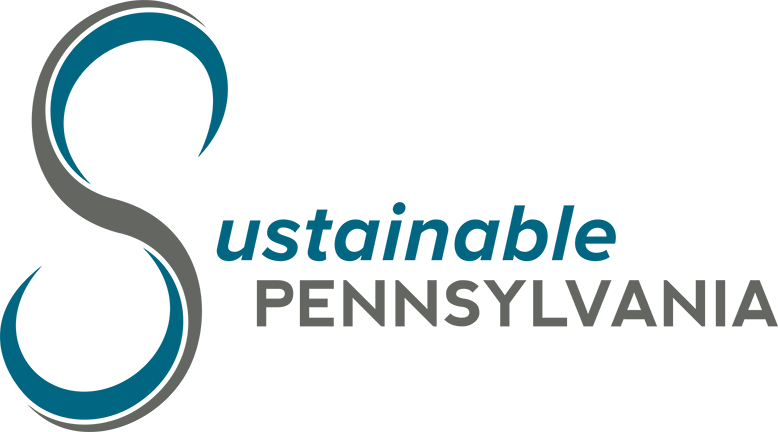Description:
One of the most cost-effective energy efficiency improvement strategies a municipality can use is building retuning. Due to wear and tear, changes in use, or improper maintenance, buildings can become less efficient over time unless they are regularly monitored and maintained to maximize efficiency. The process of building retuning allows trained professionals to identify and address these inefficiencies through relatively low-cost maintenance actions and performance improvements.
Building retuning is a skill that can be learned through training on best practices, monitoring tools, and specialized equipment. Penn State’s Pennsylvania Technical Assistance Program (PennTAP) offers organizations and municipalities in-person and virtual technical assistance consulting, training, and other resources on a variety of topics, including building retuning.
Municipalities can strengthen their own construction standards by adopting a formal policy committing the government to certain standards of green construction on all new construction or major renovation projects it undertakes. While a number of green building standards exist for use by builders, the International Green Construction Code (IgCC) and Leadership in Energy and Environmental Design (LEED) standards are two widely used resources for improving environmental performance in the built environment of a community. The IgCC in particular provides a useful building code that can be adopted directly by municipalities to save the time and resources needed to create an environmentally responsible and impactful custom code.
